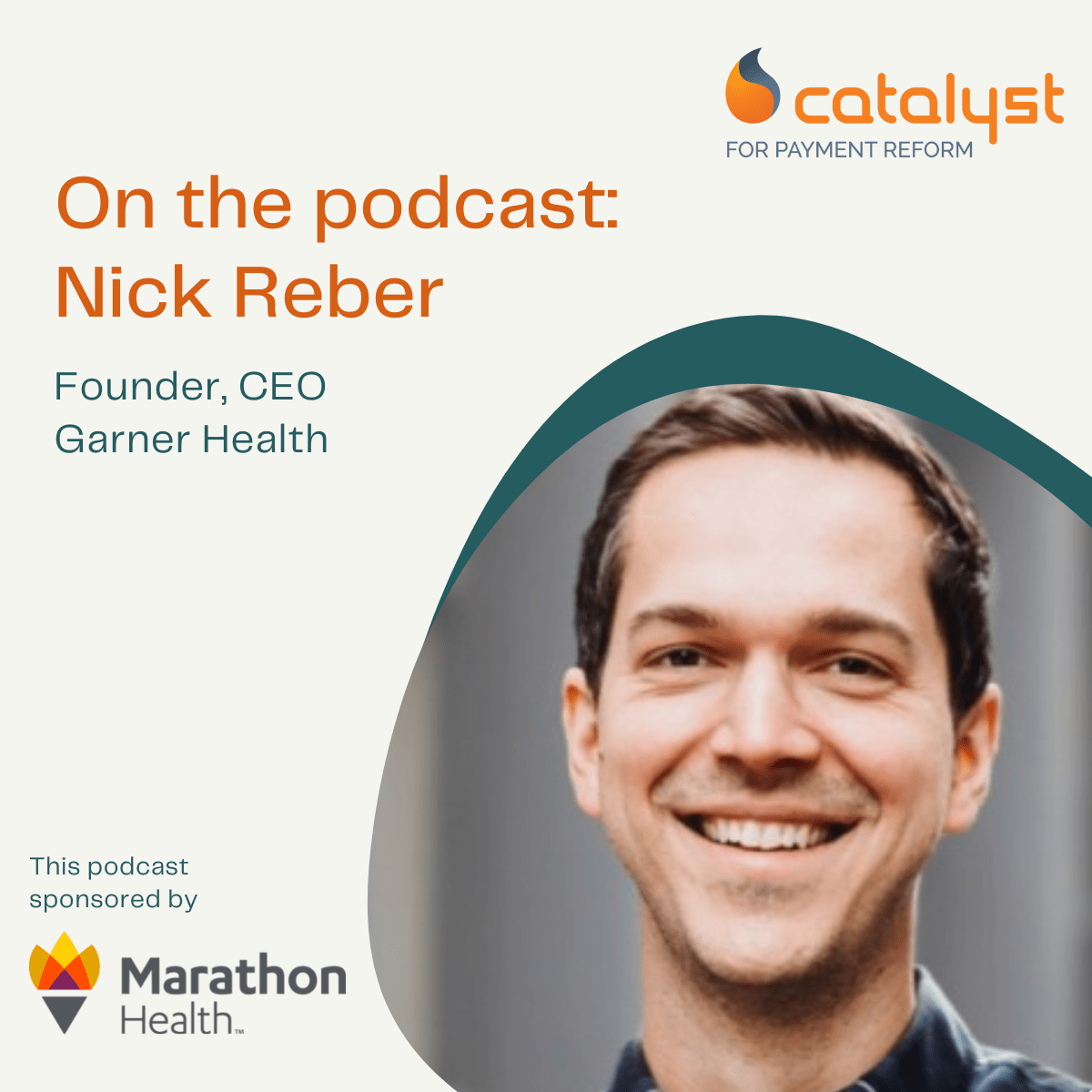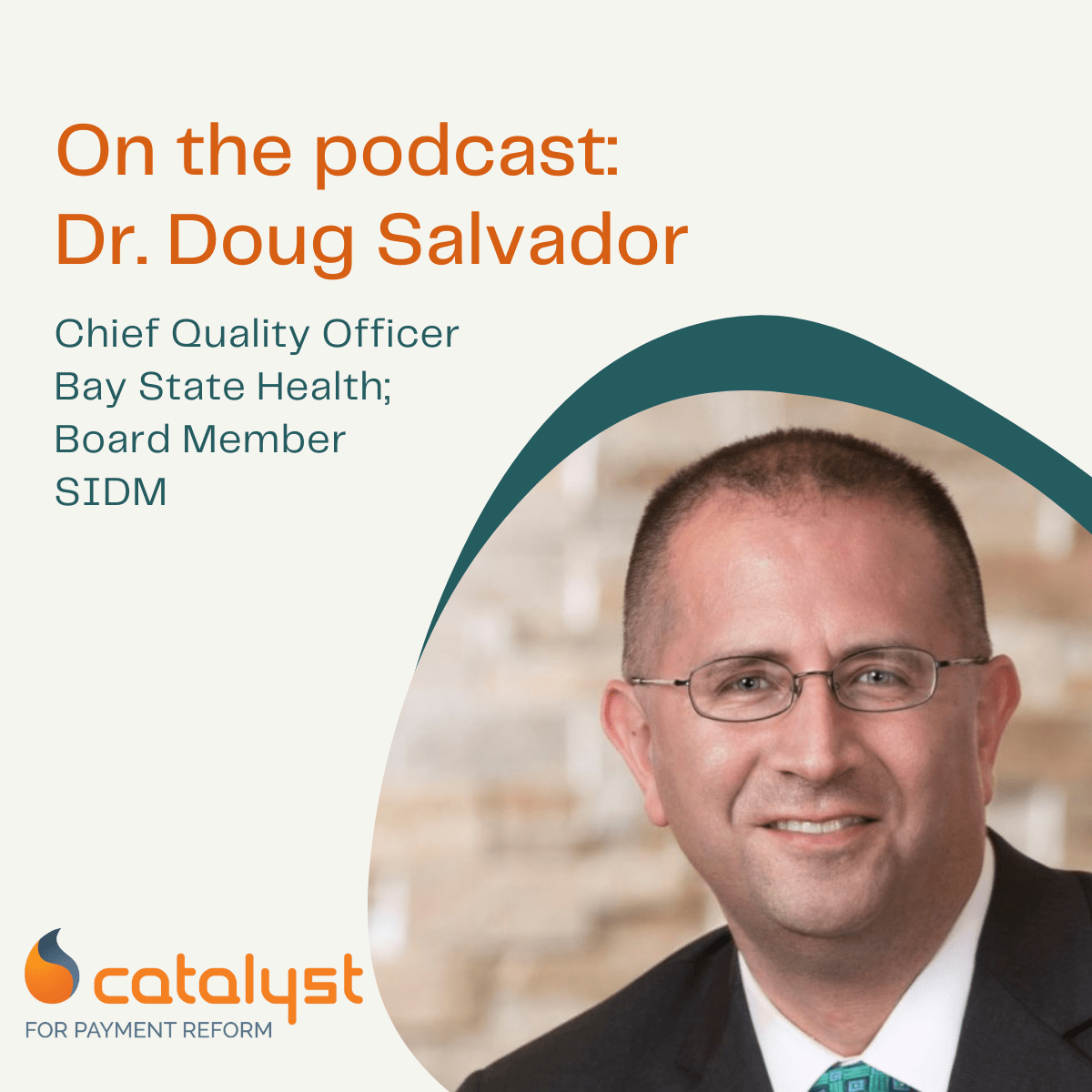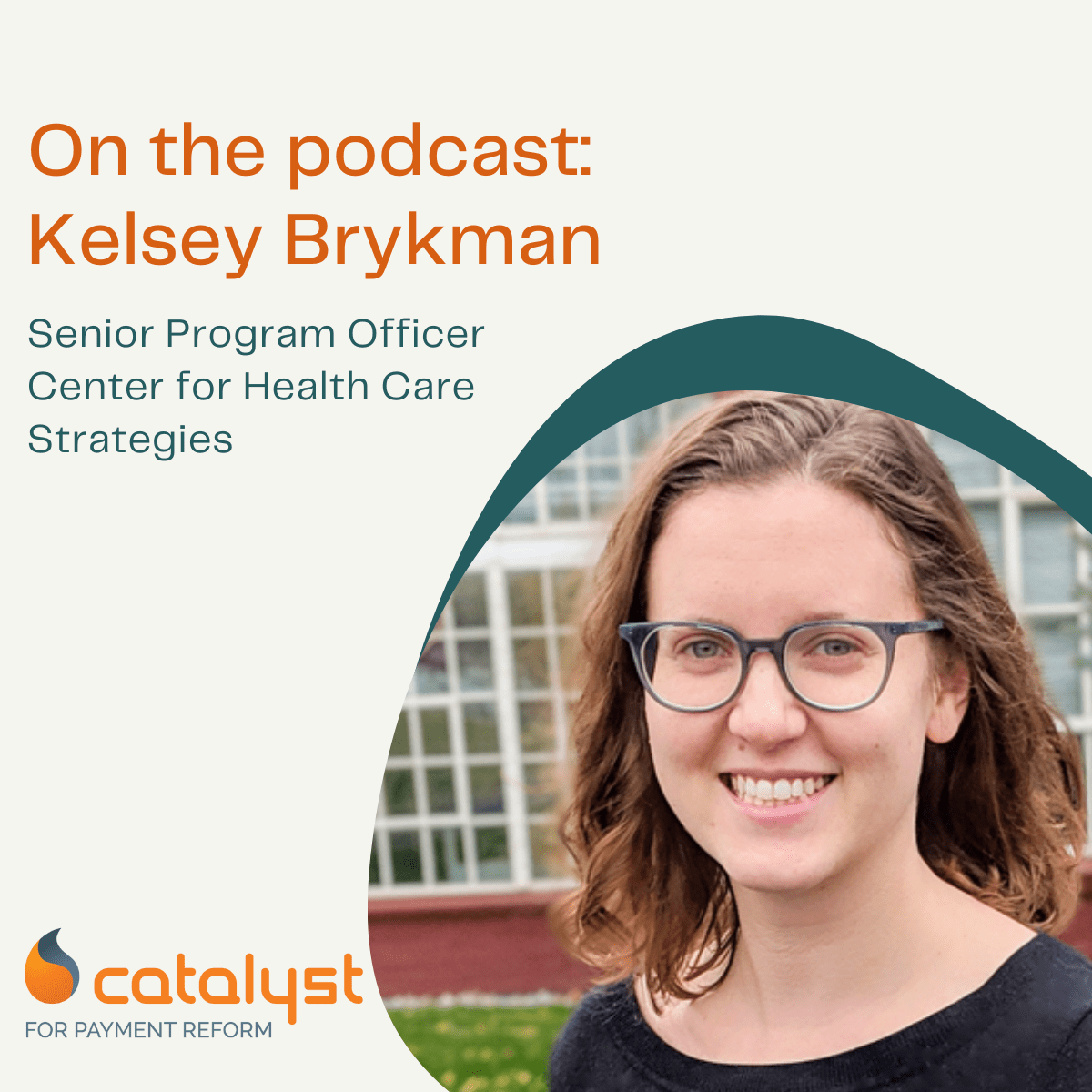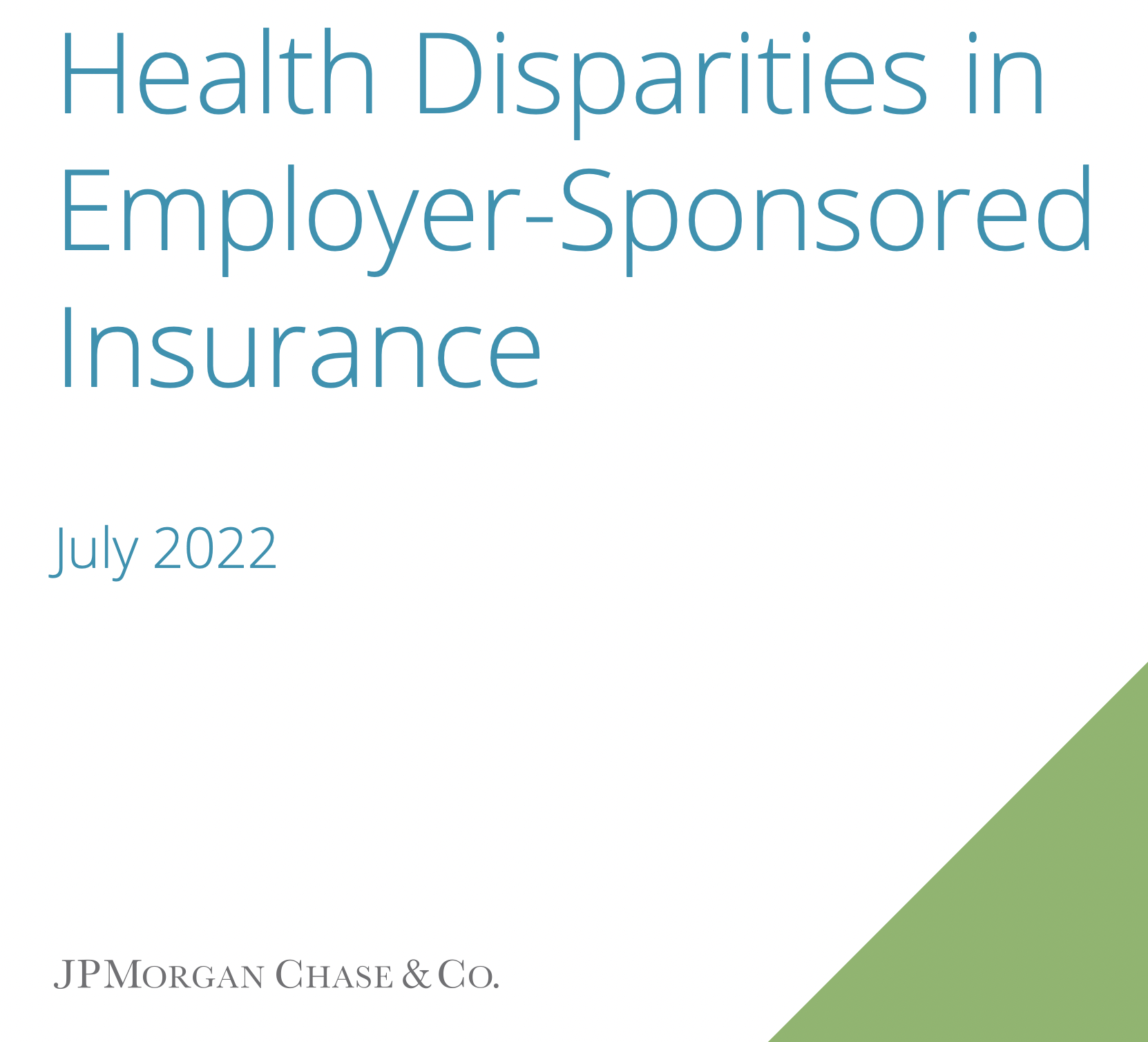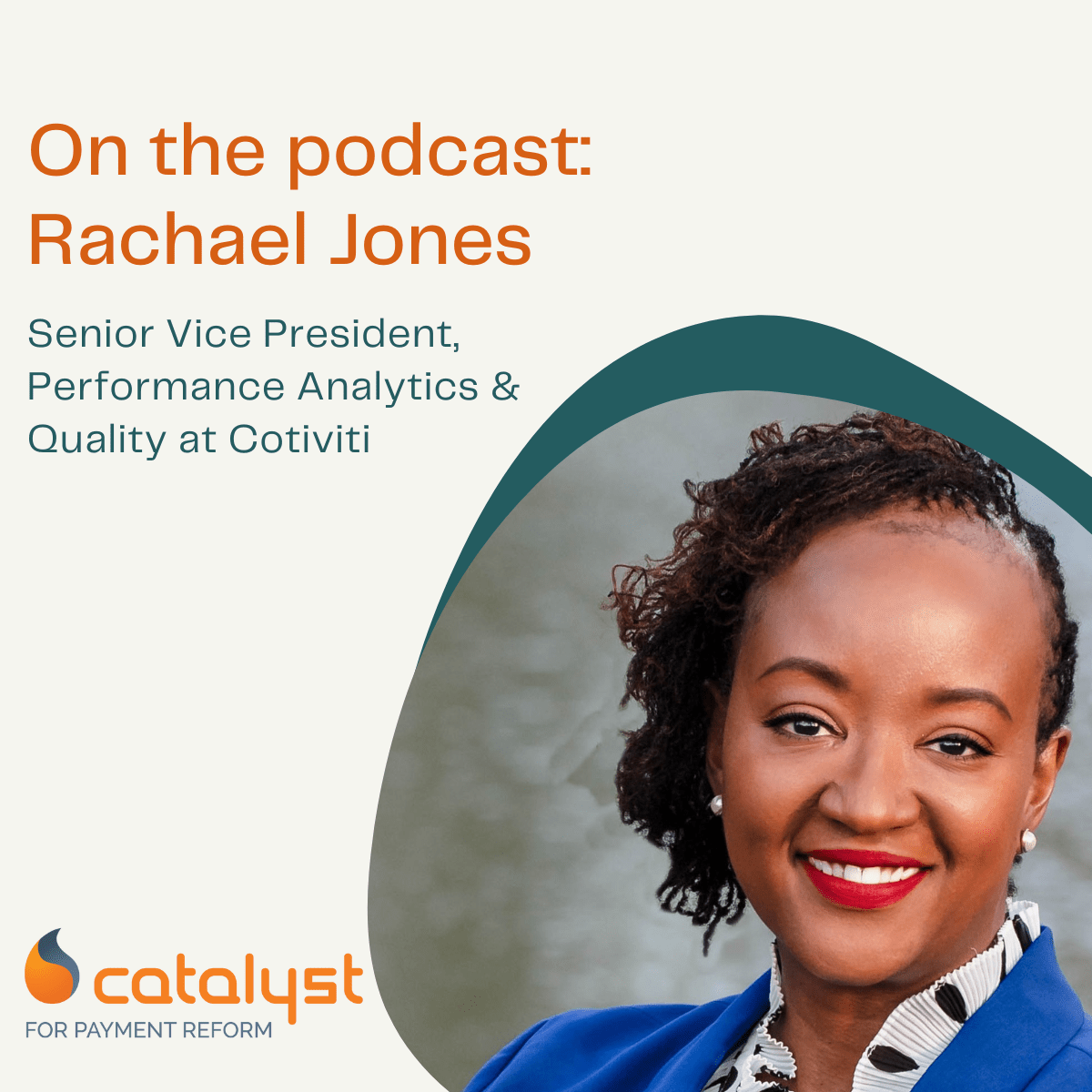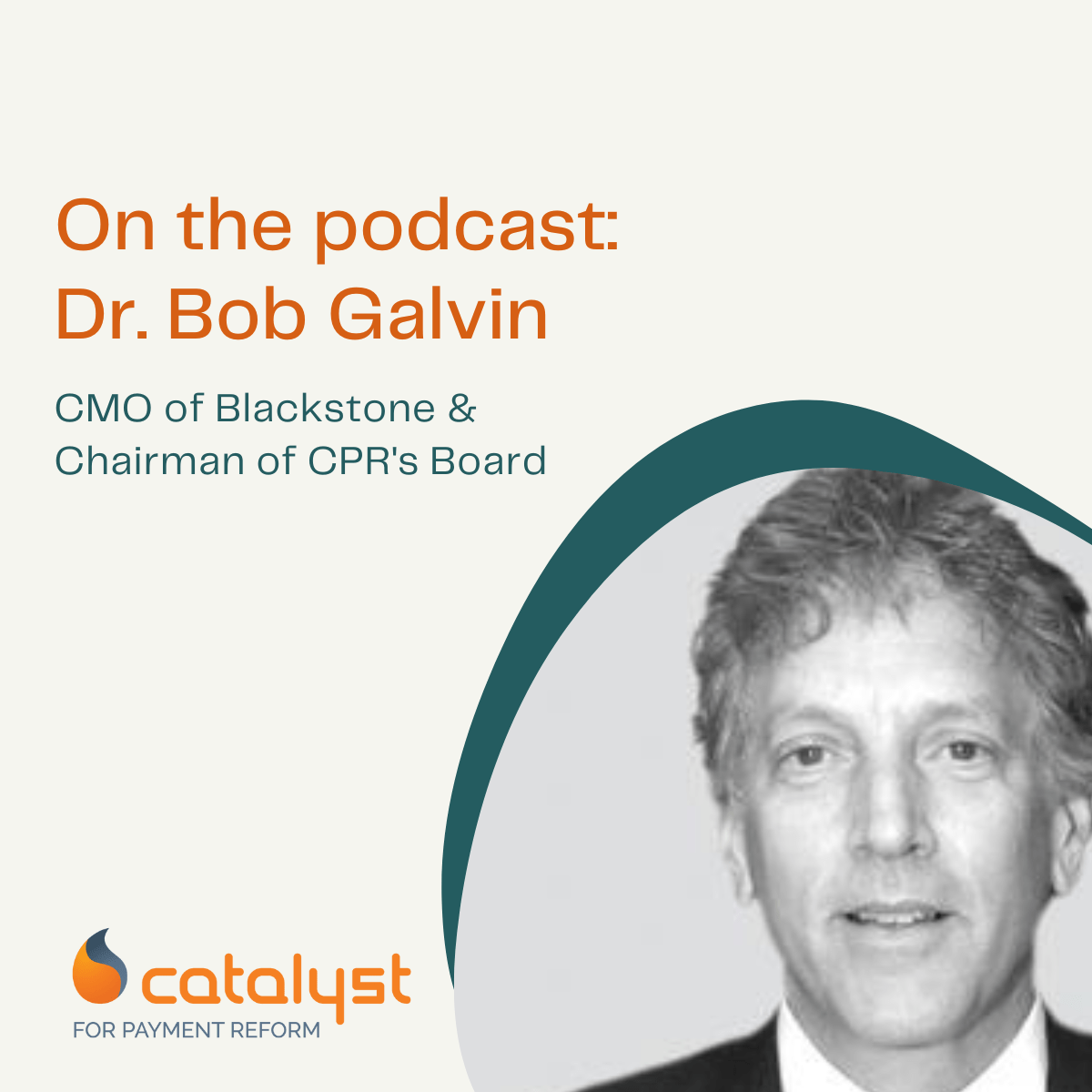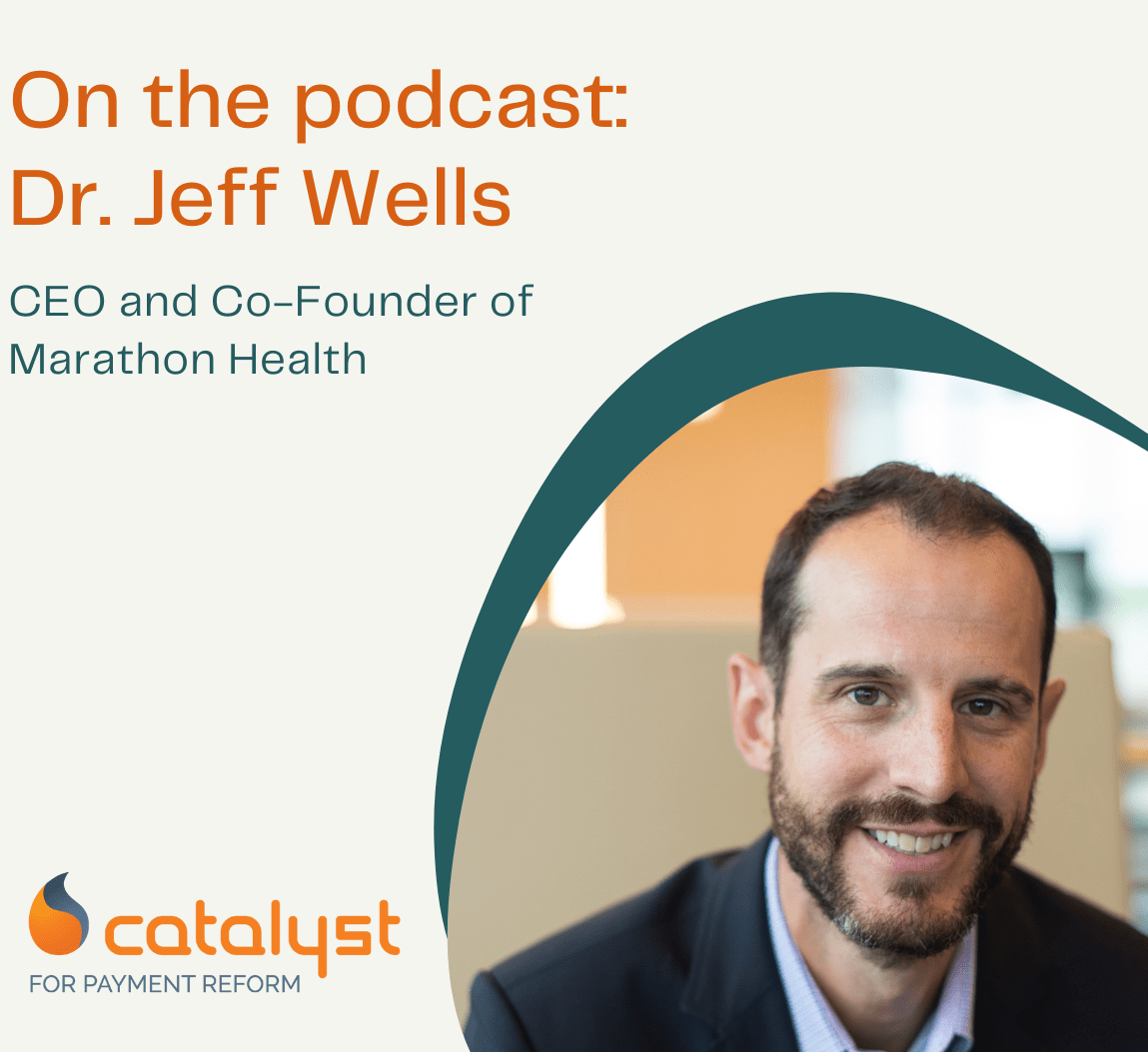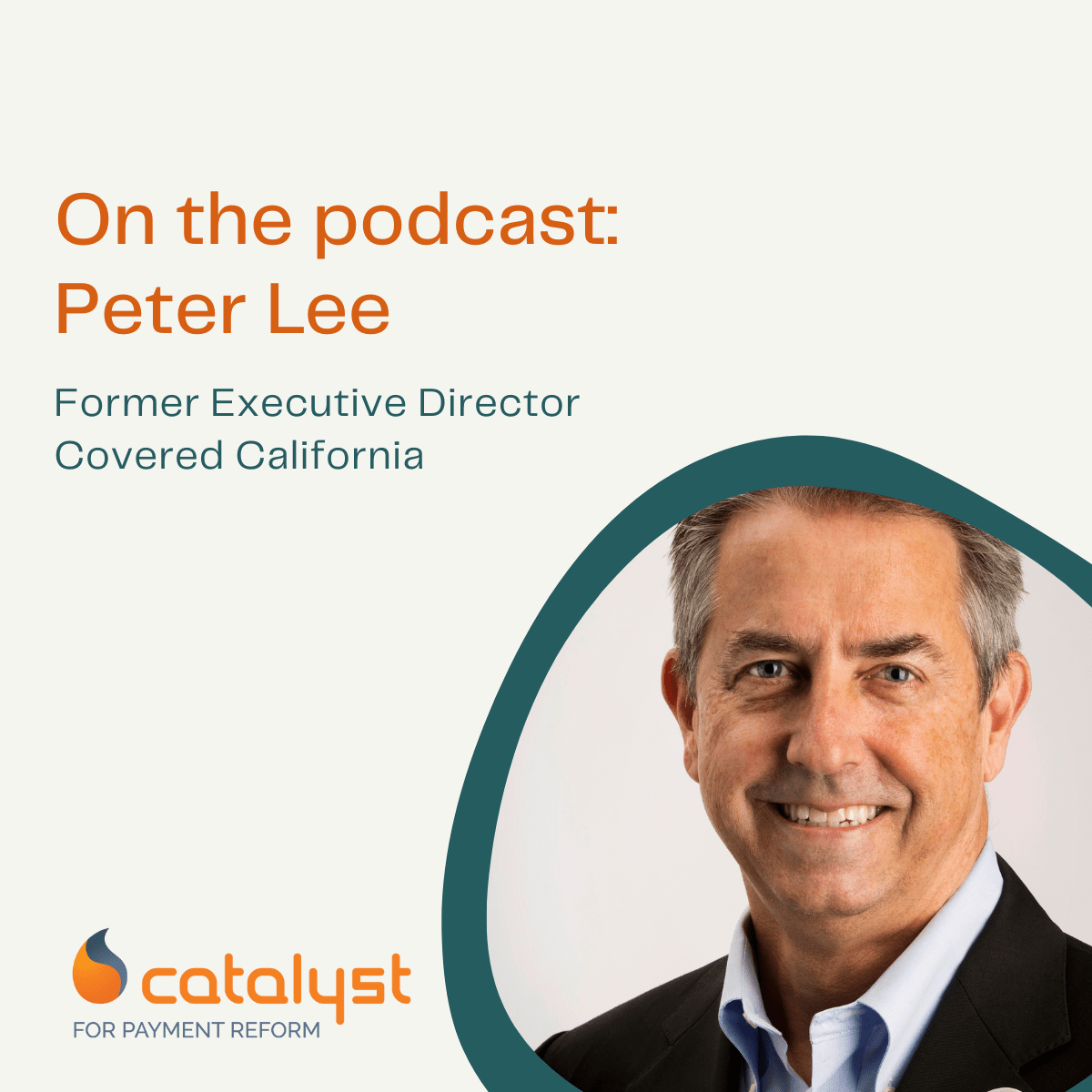Suzanne calls up Karen Sepucha, PhD, director of the Health Decision Sciences Center in the General Medicine Division at Massachusetts General Hospital and an associate professor in Medicine at Harvard Medical School to discuss shared decision making.
So what do the data say? Well, they confirm a lot of what employer-purchasers are feeling at the moment.
“We’re seeing just about the fastest rate of health care inflation in our data ever.”
What’s a solution? Price Transparency Data.
We have all of this price transparency data, what are we going to do with it?
Well, we need a new model if we’re going to get consumers to use it. We have to get to them upstream, we have to make it really simple, and we have to change the incentives so that they save thousands of dollars by getting with the program.









